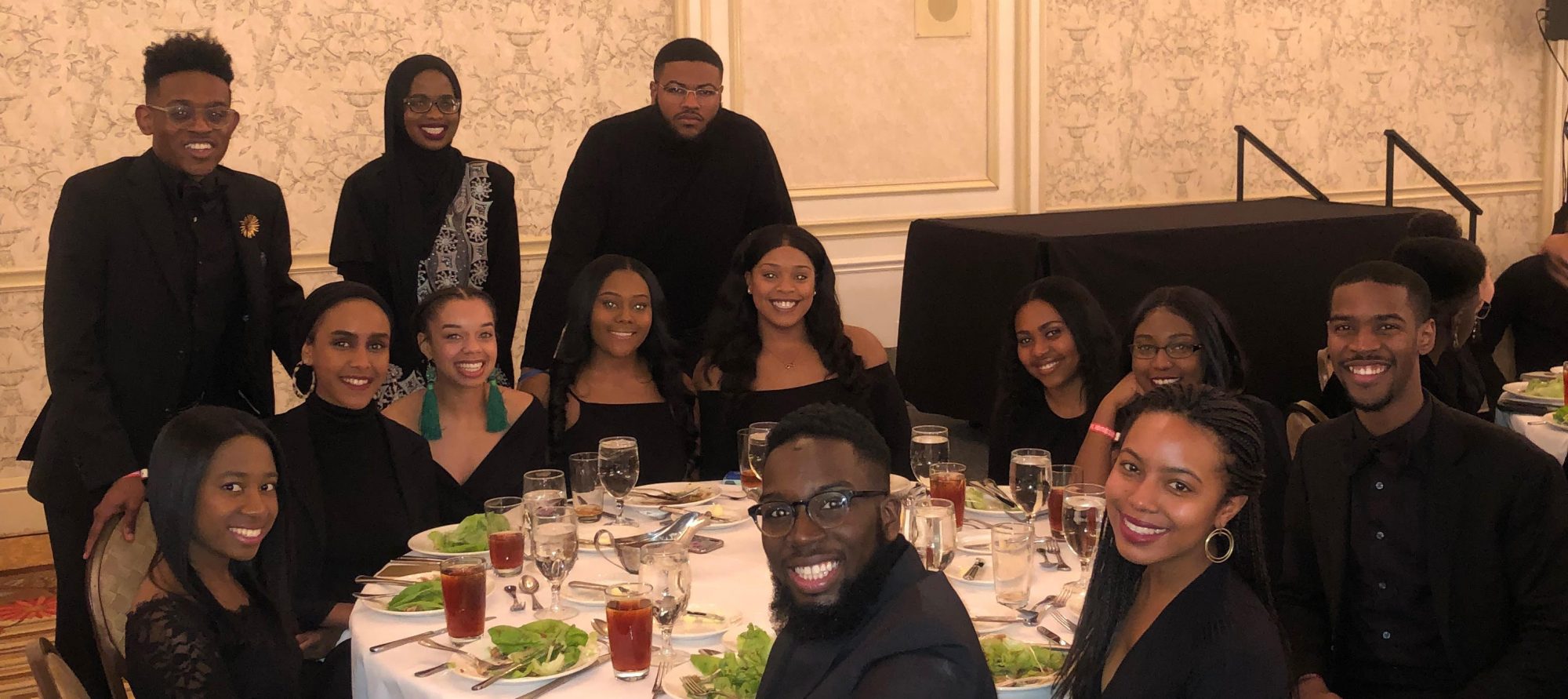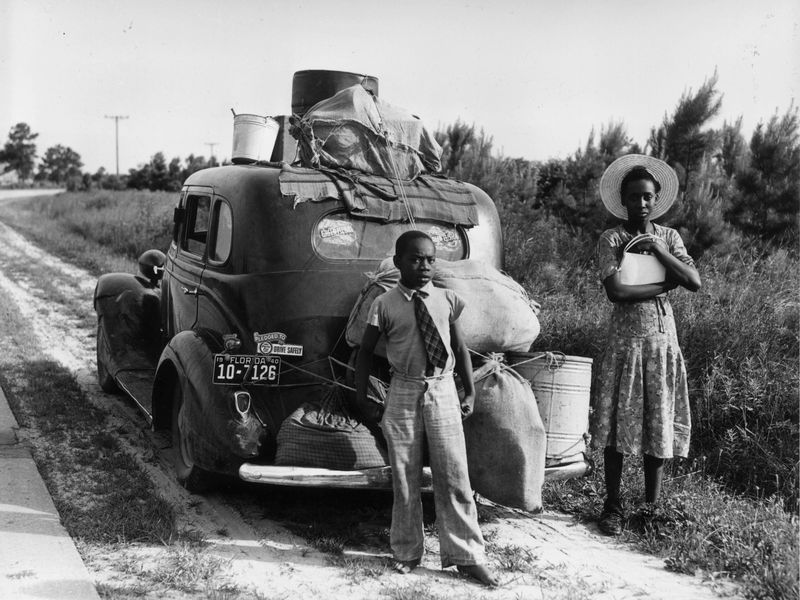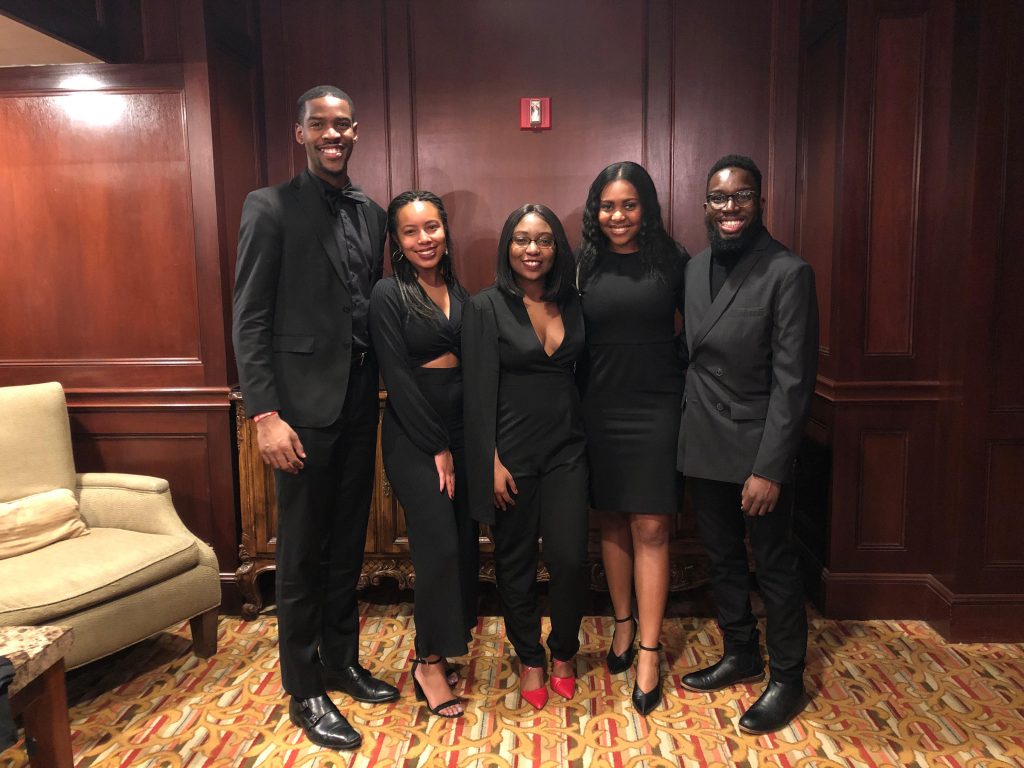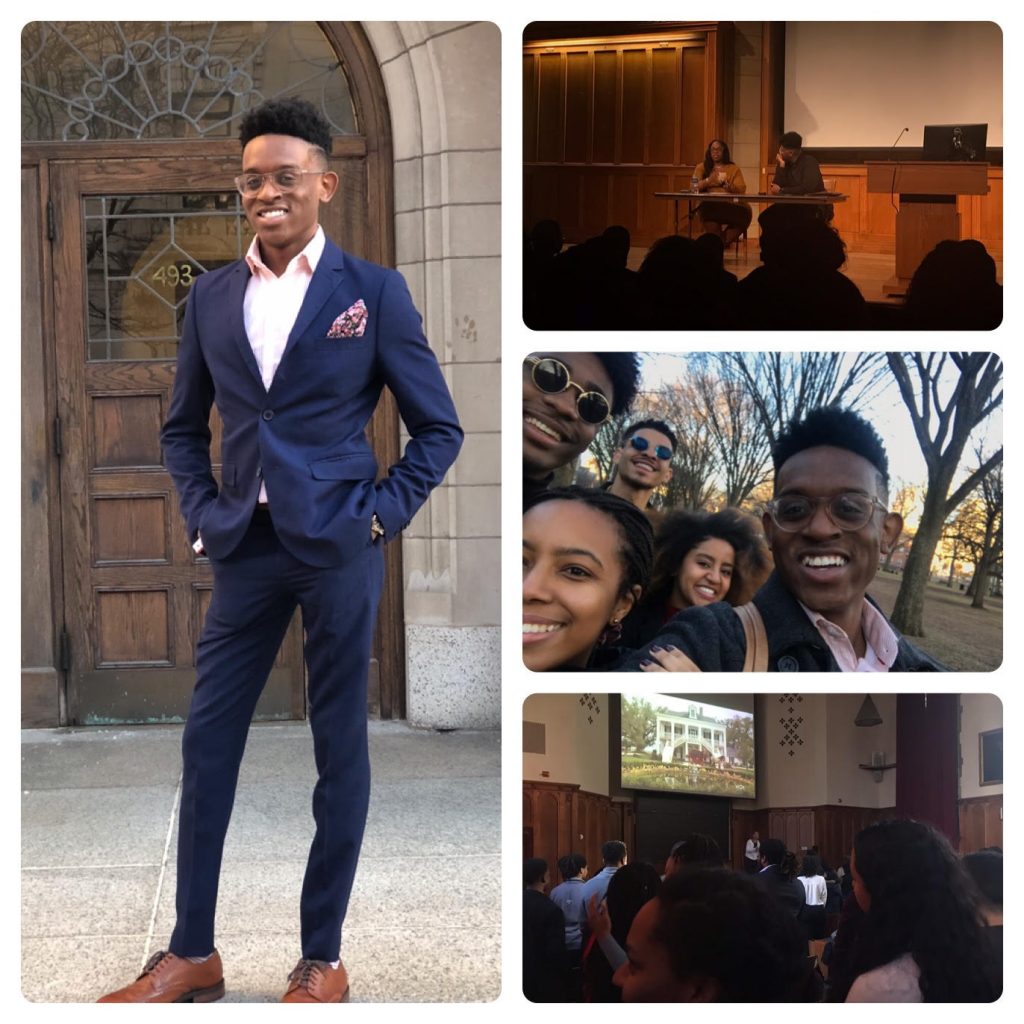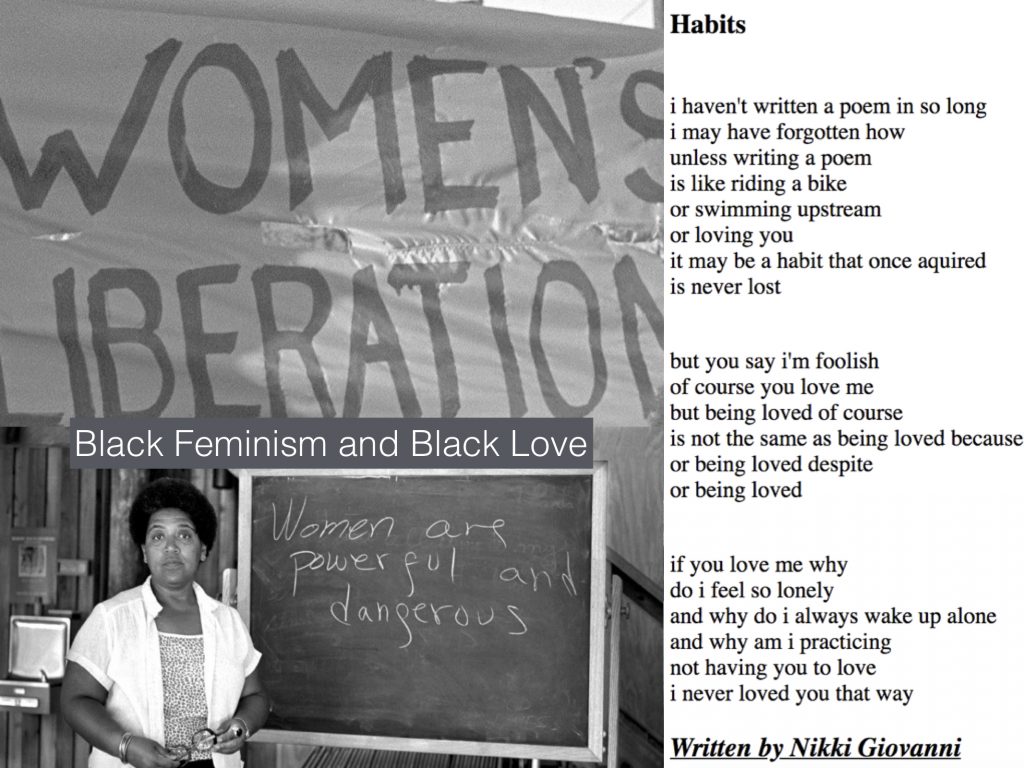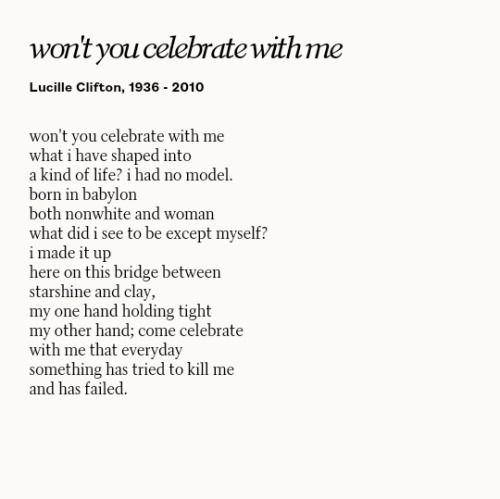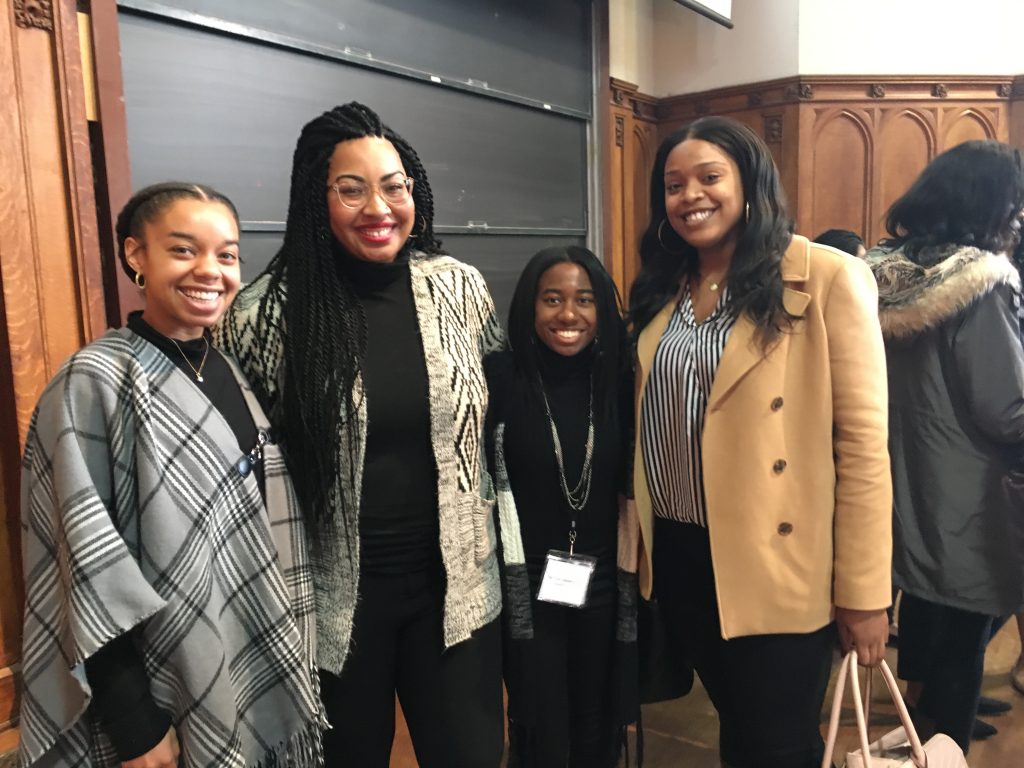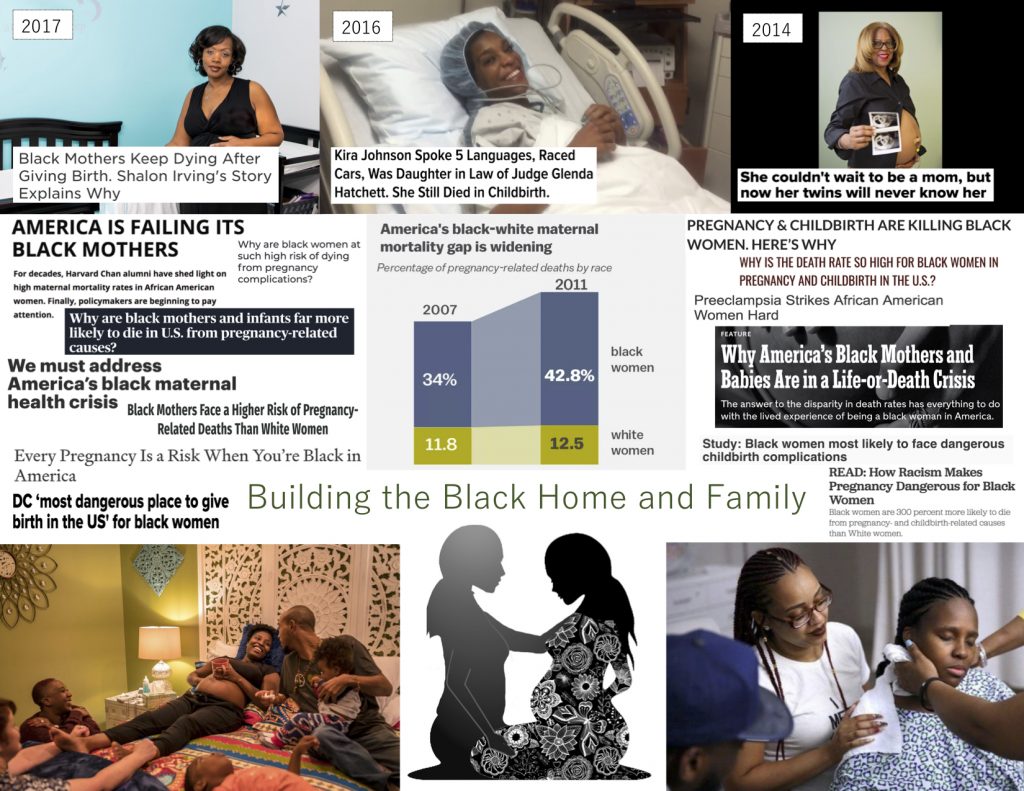White porcelain shines with the reflection of fluorescent light
It’s glossy twinkles mirror the sun rays that play in the drops of the ocean
But the hollow vessel is an imposter
It holds no water
For the last remnants of moisture were lost long ago
Dainty painted lips sipped from the side
Over-excited droplets leapt out
landing haphazardly on the table cloth, on denim jeans, in the shallow saucer below
But mainly the cup was poured out
To water a garden one day
To feed a fountain the next
To quench the thirst of a parched traveler
To rinse open wounds
To boil pasta
To wash hair
To make ice
To steam clean the carpet
To fill a pool on a scorching day
For it was told to me
It is far better to give than to receive
Evaporation would steal what little remained
And the dry, empty vessel shines
It proudly boasts its intricate inner designs
They should twist and distort ever so slightly under ounces, liters, gallons of rippled water
Yet they remain clear, dancing in a perfect circle
My cup runneth over?
My cup runneth out
And what more can be poured from an empty cup?
